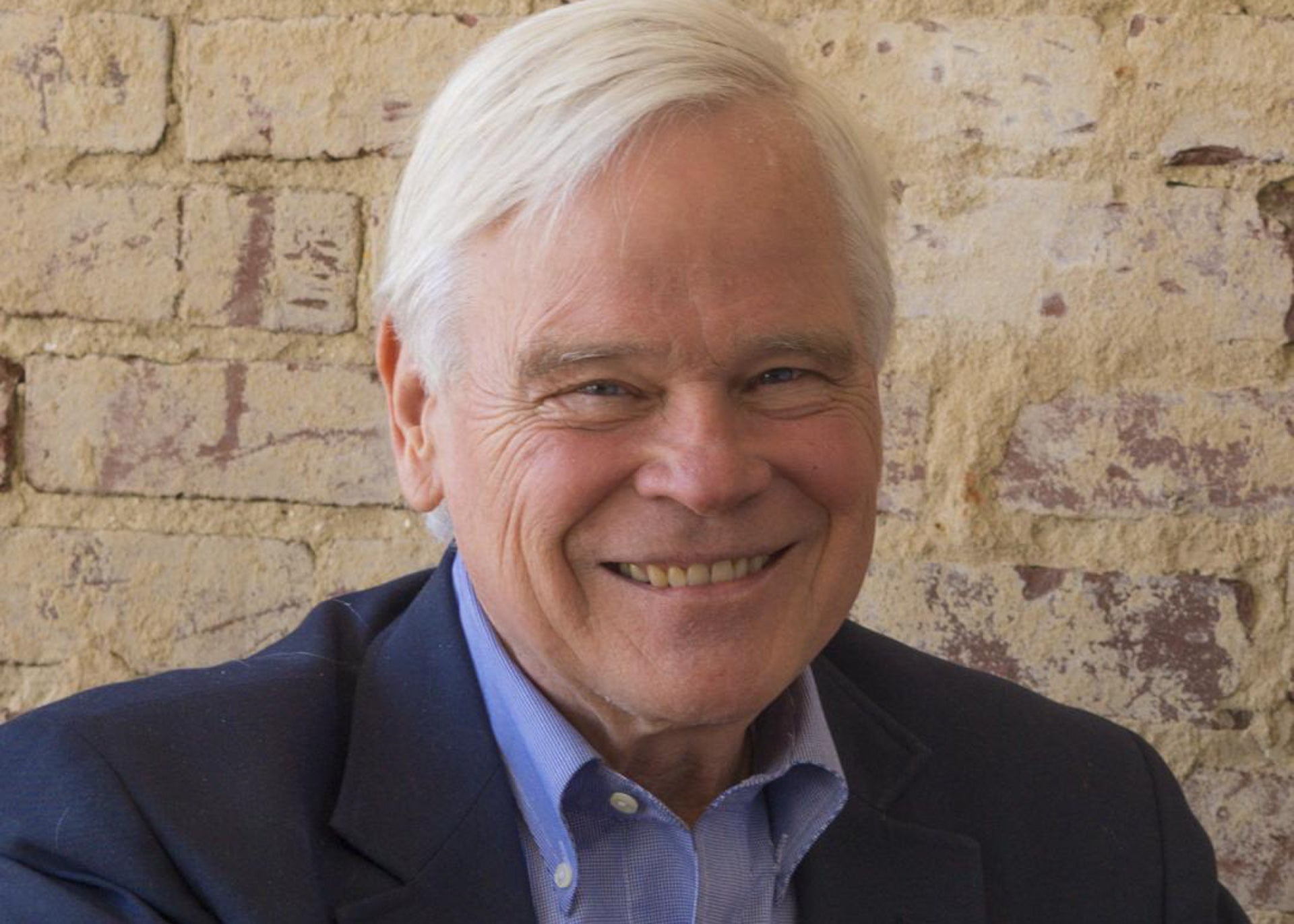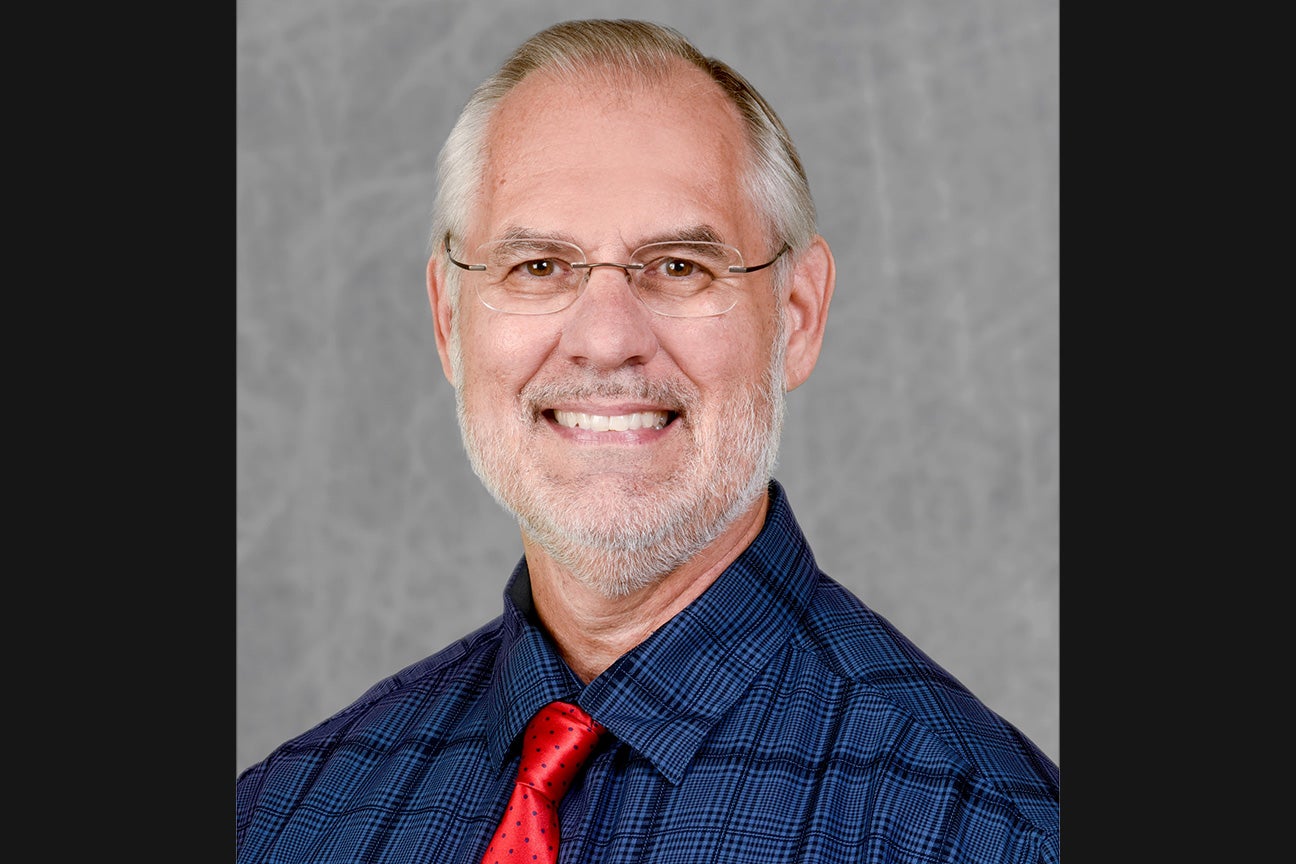One on One: Haley, Christie and Lincoln on the causes of the Civil War
Published 5:06 pm Wednesday, January 17, 2024

- D.G. Martin
|
Getting your Trinity Audio player ready...
|
By D.G. Martin
“What was the cause of the United States Civil War?”
Asked this question by an audience member at a presidential candidate town hall in New Hampshire on Wednesday, December 27, Nicki Haley, after a pause, smiled and said, “Well, don’t come at me with an easy question.”
She then responded, “I mean, I think the cause of the Civil War was basically how government was going to run, what you could and couldn’t do, the freedoms in what people could and couldn’t do.”
Fellow Republican presidential candidate Chris Christie was immediately critical. The answer, he said, “is easy: It was slavery. She is afraid to say it.”
The next day, responding to Christie and other critics, Haley said, “Of course the Civil War was about slavery, that’s the easy part. Yes, I know it was about slavery. I am from the South.”
Her attempted humor fell flat.
However, Haley’s stumbling should remind us that, while the existence of slavery and the controversies that arose about it were important factors leading to the Civil War, there is much more to it.
Abraham Lincoln, for instance, thought the preservation of the Union was more important than the slavery issue.
In August 1862 he wrote the following to Horace Greeley:
“I would save the Union. I would save it the shortest way under the Constitution. The sooner the national authority can be restored; the nearer the Union will be ‘the Union as it was.’ If there be those who would not save the Union, unless they could at the same time save slavery, I do not agree with them. If there be those who would not save the Union unless they could at the same time destroy slavery, I do not agree with them.
“My paramount object in this struggle is to save the Union and is not either to save or to destroy slavery. If I could save the Union without freeing any slave I would do it, and if I could save it by freeing all the slaves I would do it; and if I could save it by freeing some and leaving others alone, I would also do that.
“What I do about slavery, and the colored race, I do because I believe it helps to save the Union; and what I forbear, I forbear because I do not believe it would help to save the Union. I shall do less whenever I shall believe what I am doing hurts the cause, and I shall do more whenever I shall believe doing more will help the cause. I shall try to correct errors when shown to be errors; and I shall adopt new views so fast as they shall appear to be true views. I have here stated my purpose according to my view of official duty; and I intend no modification of my oft expressed personal wish that all men everywhere could be free.”
Two lessons:
One. Simple answers to complicated questions are not always the best ones. History and its causes are often complex. Searching for quick answers can lead us astray.
Two. A political candidate running for high office will from time to time make a mistake or two or more.
But even a big mistake need not be fatal if the candidate addresses the mistake promptly, carefully, and respectfully and then moves on to the next challenge.
D.G. Martin, a retired lawyer, served as UNC-System’s vice president for public affairs and hosted PBS-NC’s North Carolina Bookwatch.
READ ABOUT NEWS AND EVENTS HERE.
SUBSCRIBE TO THE COASTLAND TIMES TODAY!





